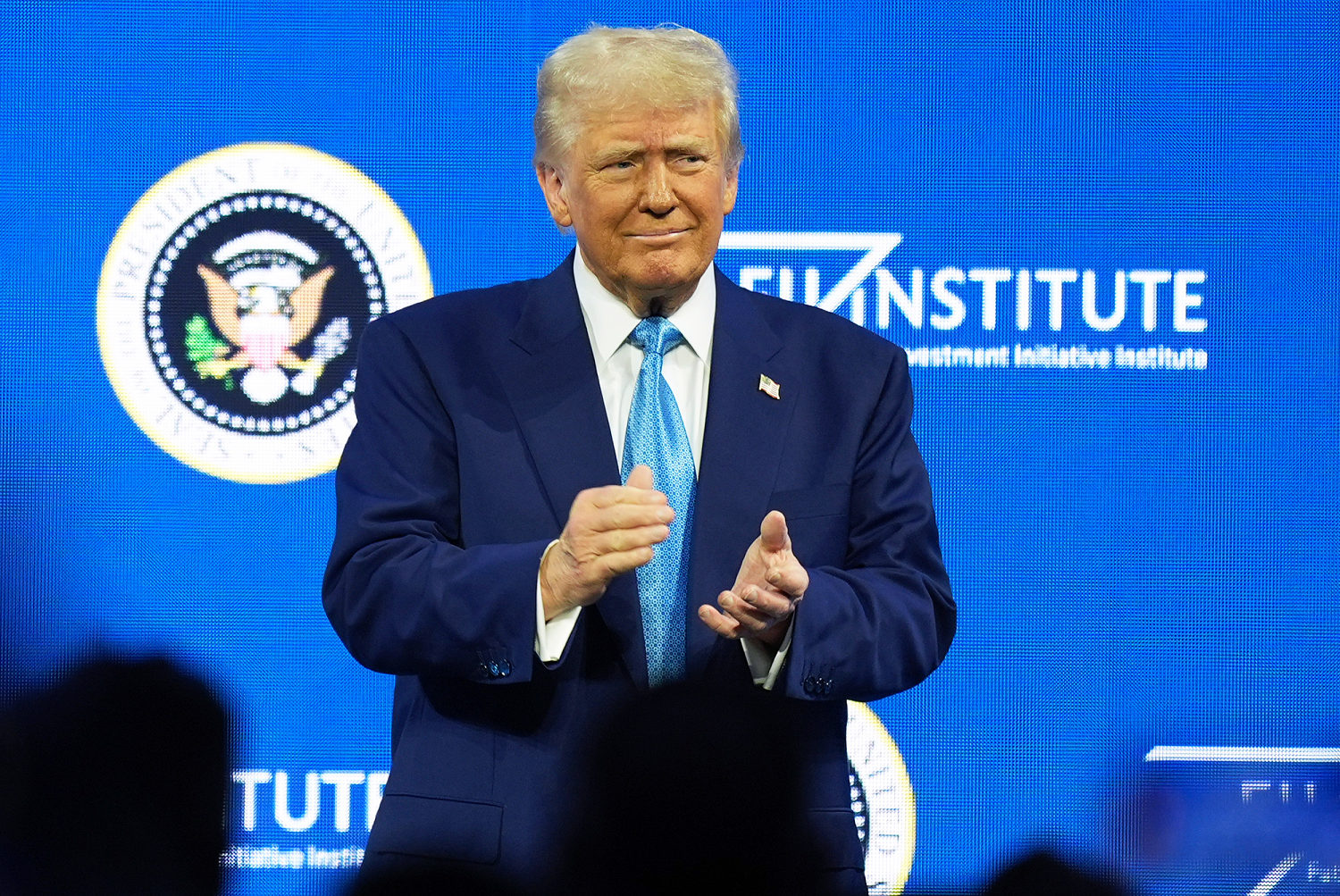Democrats and their embattled Senate Leader Chuck Schumer (D-N.Y.) have received a welcome change to rebound amid the controversy surrounding the Signal group chat that entangled a number of Trump Cabinet members over the past week.
"Signalgate," in which a journalist was inadvertently included in a Trump administration group chat that included sensitive information about a military strike against the Houthis in Yemen, effectively served as a reprieve for Schumer.
Instead of being besieged by questions about Democratic divisions — and Schumer's vote to advance a GOP funding bill — the week was dominated by queries of how The Atlantic's editor-in-chief ended up getting invited by Trump's national security adviser to a group chat that included Vice President Vance and other top officials.
GOP senators were the ones fending off questions over why the Trump team, including officials traveling overseas, were discussing sensitive information on Signal, while Democrats were the ones going on offense.
What's more, the Signal story broke just hours before members of the Senate were returning from recess to a Washington ready to pounce on Schumer and their party's divide.
Democrats were generally hiding any glee over their fortune, but some acknowledged the shifting winds.
“None of it makes me happy,” Sen. John Hickenlooper (D-Colo.) said about the Signal chat. “But it certainly has changed the tenor of the discussion, and it took the frustration and sense of loss that people in Colorado were feeling … and given it more of a focus.”
Schumer, specifically, was expected to face tough questions after he surprised Democrats by deciding to advance the GOP spending bill and prevent a shutdown, even after vulnerable House Democrats stuck their necks out by voting against it.
The New York Democrat spent much of the recess promoting a book aimed at combating antisemitism, but he was also forced to sell himself as still being the best person to lead Senate Democrats. Those queries had been few and far between since he took over the role from former Senate Majority Leader Harry Reid (D-Nev.) in 2017.
Instead, the focus was on the uproar within the GOP, upending the news cycle and allowing Schumer to talk about somebody else’s status instead of his own.
Democrats were already hoping to put up a more unified front against major GOP legislation being crafted by Republicans to move Trump's agenda of tax cuts and energy and border provisions.
But Sen. Peter Welch (D-Vt.) acknowledged the Signal controversy gave something for Democrats to rally around, and to fight in a way that their base had been asking them to do.
“It’s very helpful,” Welch said. “I also think it was some clarity and unity coming out of the division we had. … That was a moment where the enormous frustration that we felt in our base felt that we have to stand up to Trump came together, and there was a demand that we ‘do something.’”
“I think it’s internalized within our caucus that our base is right,” he added. “We've got to find every way we can fight and fight harder, and I think there's unity in that.”
Democrats will get another change to unify and fight as the GOP brings a budget package including Trump's tax cuts to the floor. The package is already dividing Republicans on a few fronts, while Democrats are unified in opposition given the GOP is seeking to move the bill without any assistance from the minority party.
By using budget reconciliation ...













